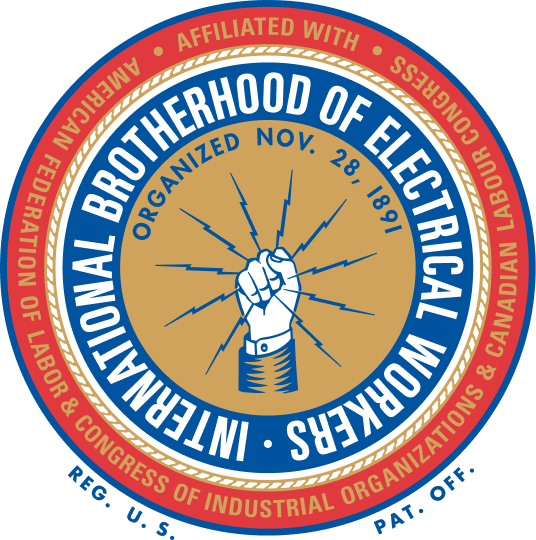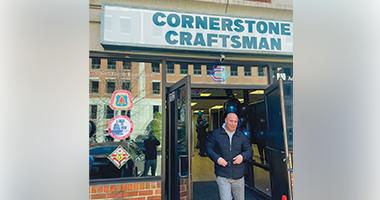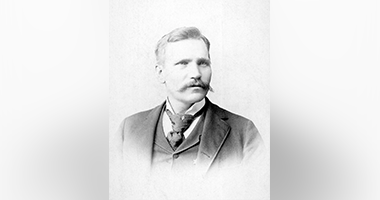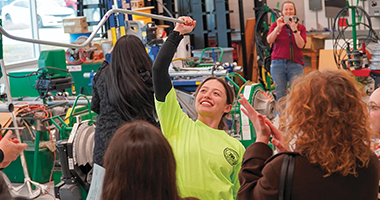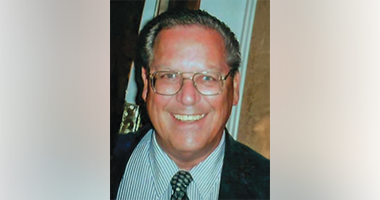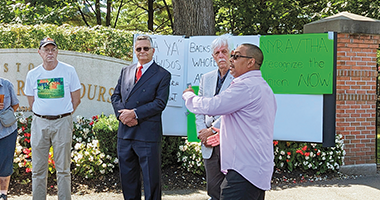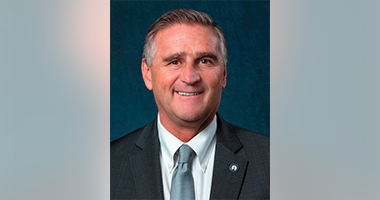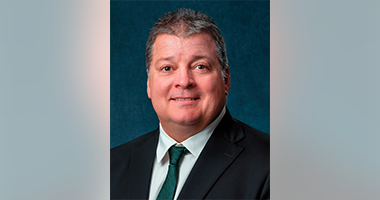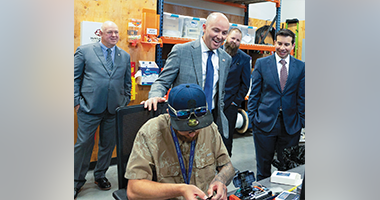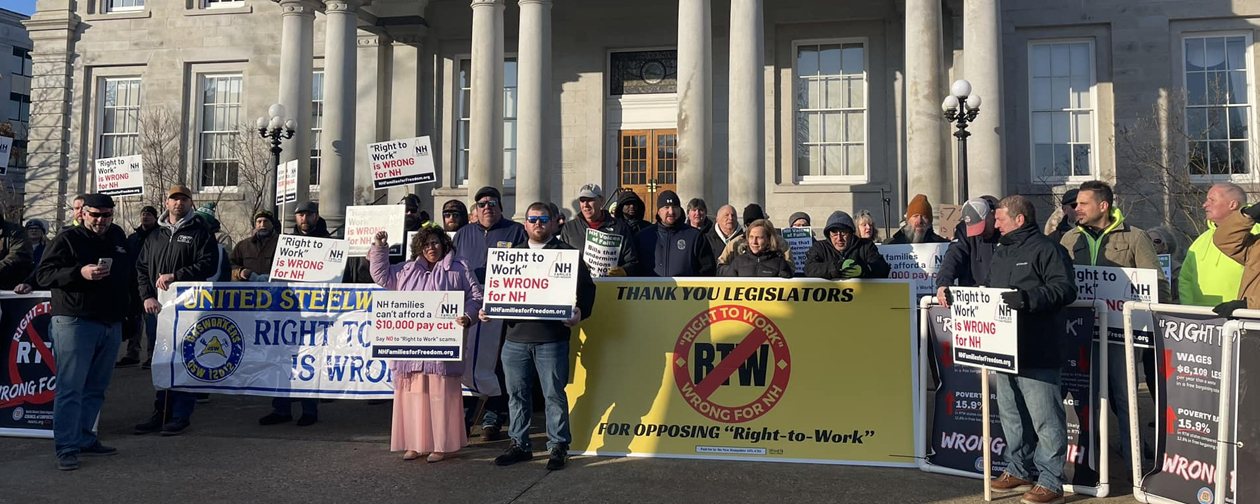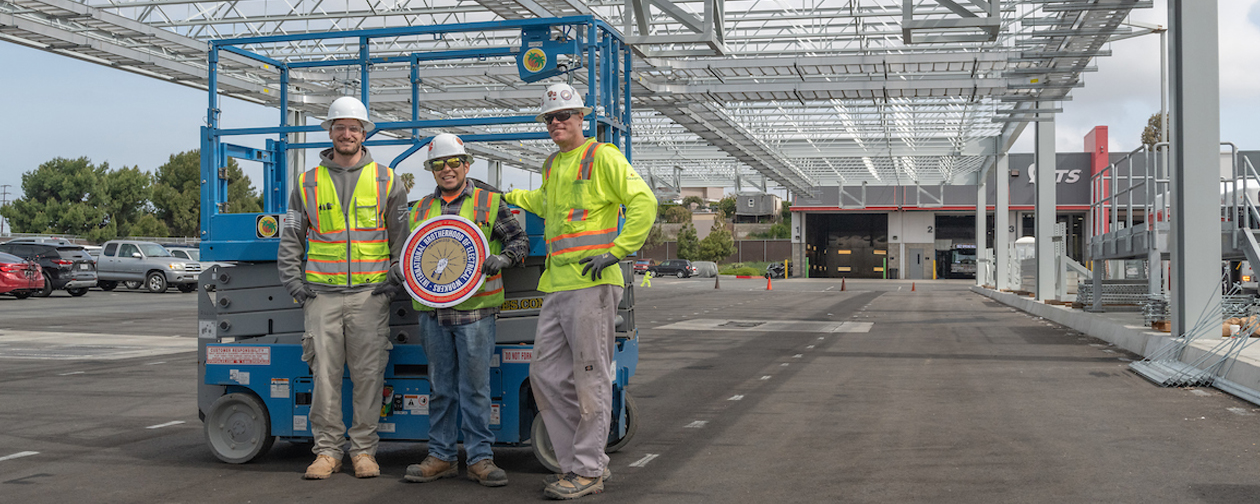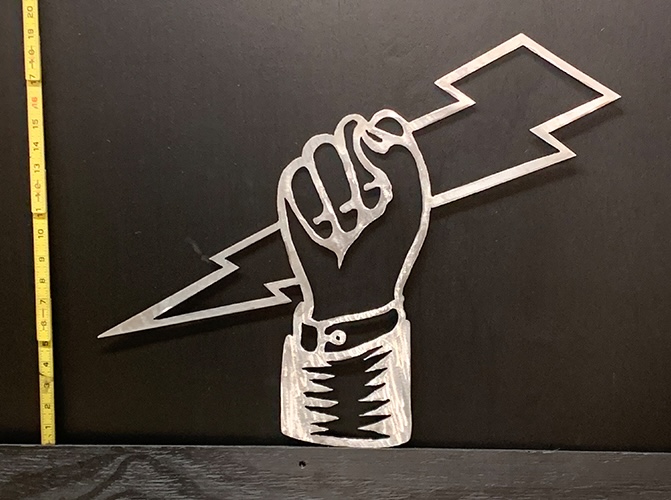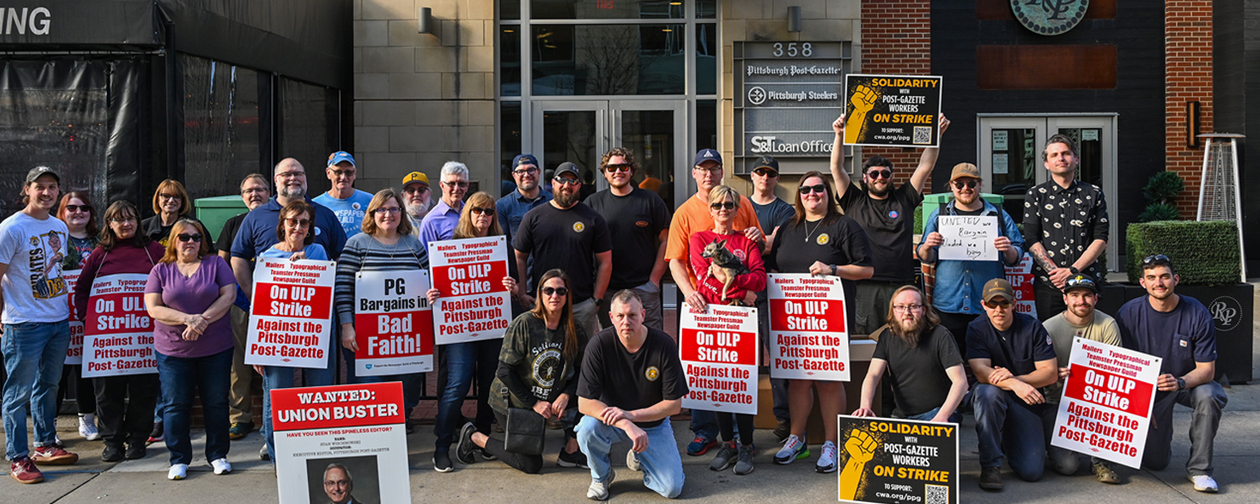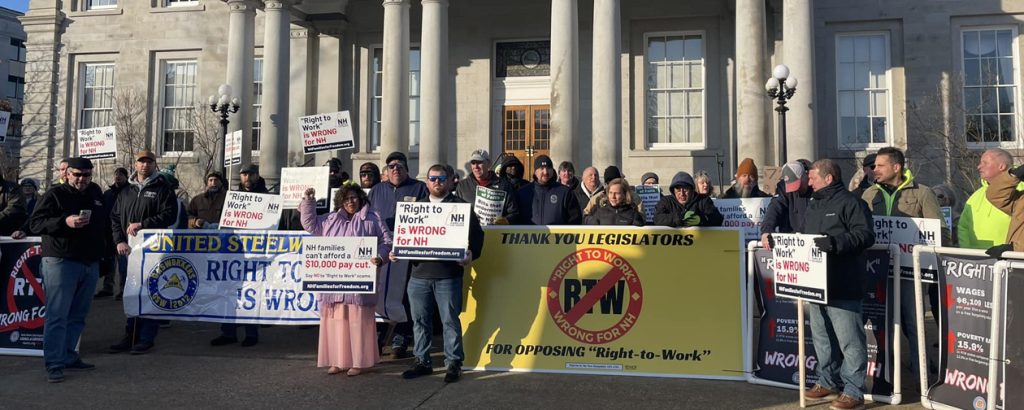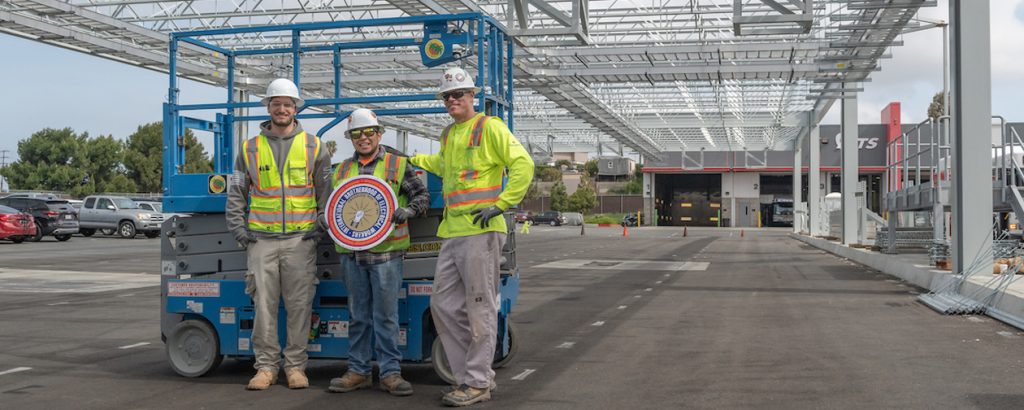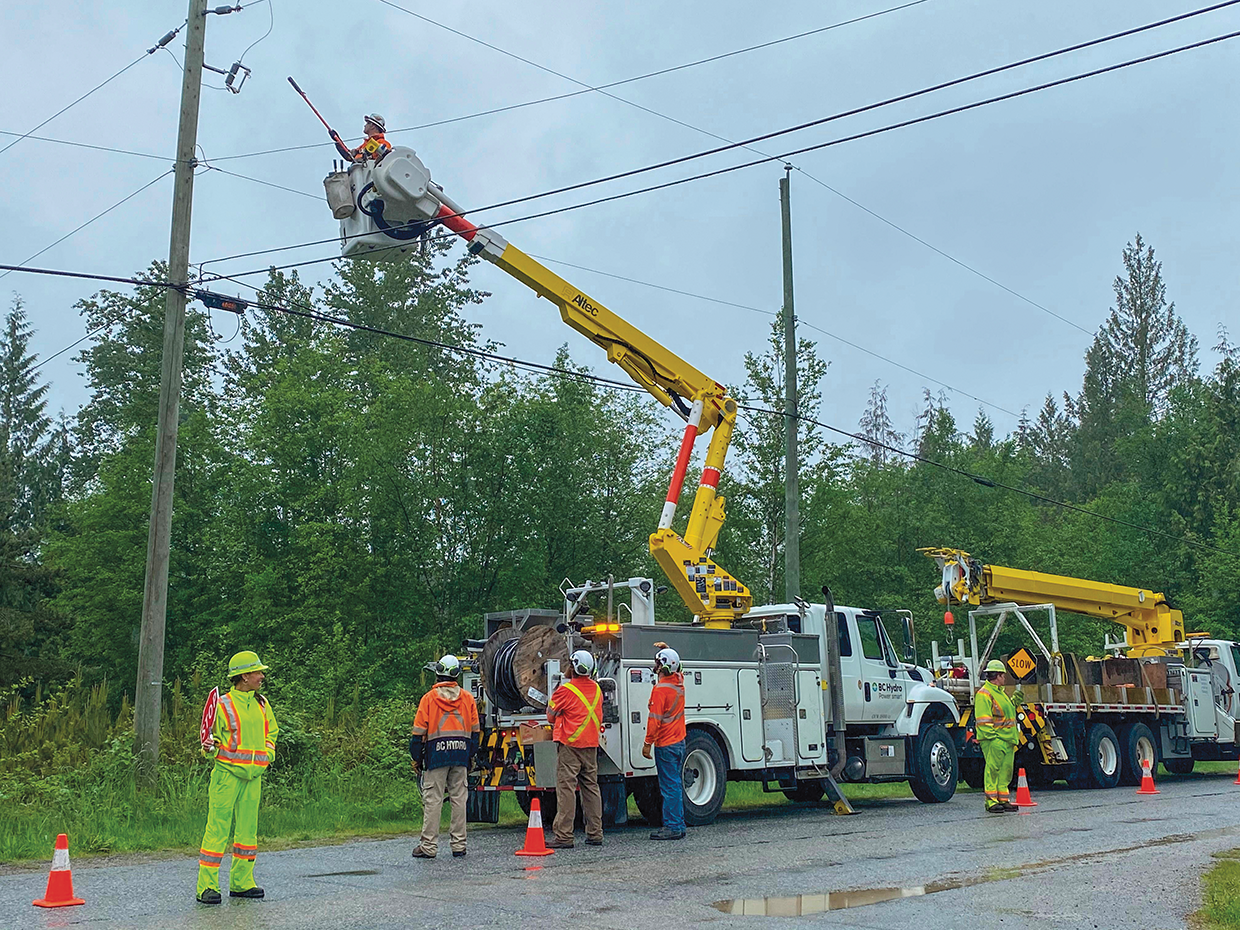
After two decades of steady growth, the traffic control unit at Vancouver, British Columbia, Local 258 was thriving — so much so that the union in recent years was juggling more than 20 contracts for largely identical work.
“It was a lot to administer,” Business Manager Cody Gatzke said. “We were always in bargaining.”
But in 2023, Gatzke and his staff achieved a goal the local first set in the early 2000s: negotiating a master traffic control agreement.
The pact covers 17 employers and about half of the local’s 600 traffic control workers. The others work for the largest signatory, Universal Group, which has a stand-alone contract. But even it is streamlined, linking what used to be four regional agreements.
Benefitting workers and employers alike, the master agreement bodes well as the parties begin renewal talks this month, Gatzke said. The current pact expires Dec. 31.
“Consolidation has levelled the playing field among signatory employers in terms of wages and working conditions,” he said. “We were able to get significant raises, improvements in health and welfare benefits, premium pay. An experienced lane closure technician in our union can now make about $37 an hour.”

Traffic control workers are dispatched to everything from utility projects and roadwork to crashes, storm debris and downed power lines, in addition to concerts, ballgames and other events where thousands of vehicles converge.
Their jobs are thankless and risky, safeguarding work areas with orange cones as vehicles speed past and wielding the “Stop” and “Slow” signs that often anger drivers. It’s not uncommon for workers to jump from one job to another in search of a better deal, many of them lured by a competing employer.
But Gatzke and others say the master agreement is helping stabilize the industry, cutting down on poaching and ending animosity among workers over disparate pay and benefits.
“Finally, everyone is equal,” said April Wolsynuk, a Local 258 shop steward with 16 years in traffic control. “There’s none of that ‘I’m better than you’ mindset anymore. No one company is better than the other. We’re all doing the same work, and we all just want to go home safe at the end of the day.”
Local 258’s first traffic control members — barely 10 workers — came from a smaller local that amalgamated in 1990. But local leaders saw opportunity, setting their sights on traffic contractors working for BC Hydro.
In 2002, as the unit continued to grow, Business Manager Doug McKay floated the idea of a master agreement. But early attempts failed.
Twenty years later, when Gatzke took over for McKay, he found a decade-old draft of a master proposal. He and Assistant Business Manager Dayna Gill, who’d been a traffic control worker herself, were determined to make it happen.
They capitalized on the local’s master line agreement for outside contractors, going back to the 1980s. One of the line companies had a traffic division, and several traffic-only employers were familiar with the success of the outside contract, which covers 40 signatories.
“Those owners helped bring the concept of master traffic to fruition,” Gatzke said. “They helped us wrangle other employers and get their buy-in.”
Although some IBEW utilities and outside contractors include traffic control positions, it is rare — so far — for Canadian or U.S. locals to represent the industry’s independent employers.
Gill, who moved to the First District staff Aug. 1, intends to change that. Now an international representative, she is eager to help other Canadian locals organize traffic control units.
“It’s really exciting,” she said. “It’s something I’ve always done, but now I’ll be able to do it on a larger scale. Traffic control is a great career, and it’s also a great way for IBEW locals to grow.”
First District International Vice President Russ Shewchuk couldn’t agree more.
“I have challenged our locals across Canada to think outside the box when it comes to organizing and growing our membership,” Shewchuk said. “Local 258 has done exactly that. They brought leadership together, challenged the status quo, and executed a plan that not only streamlines their efforts but also strengthens their market position. This is the kind of bold action that moves our union forward and allows us to reach more members in an impactful way.”
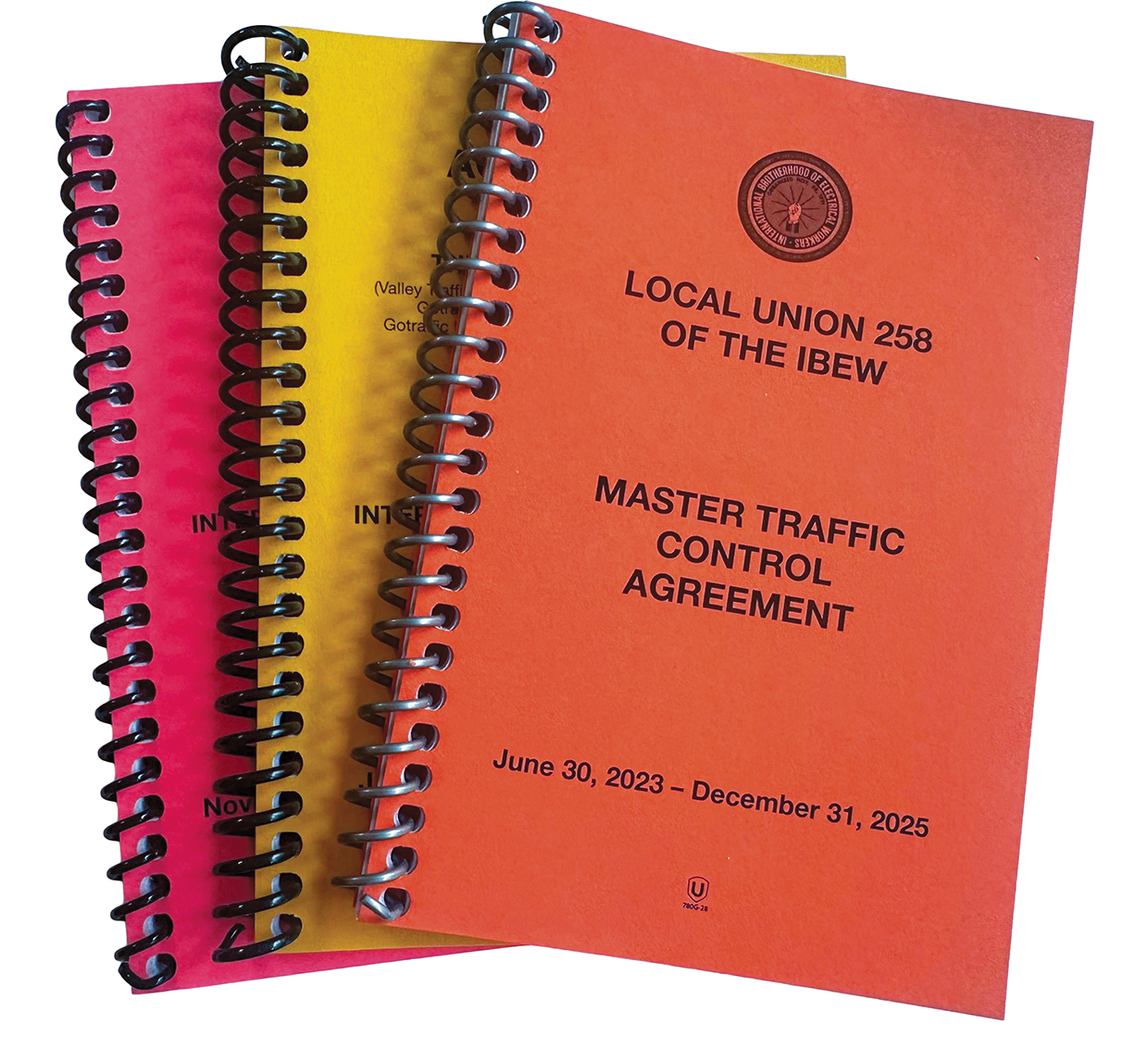
Share your IBEW news!
IBEW Canada is seeking impactful stories from local unions and members. Please contact Shaina Hardie at [email protected] .
